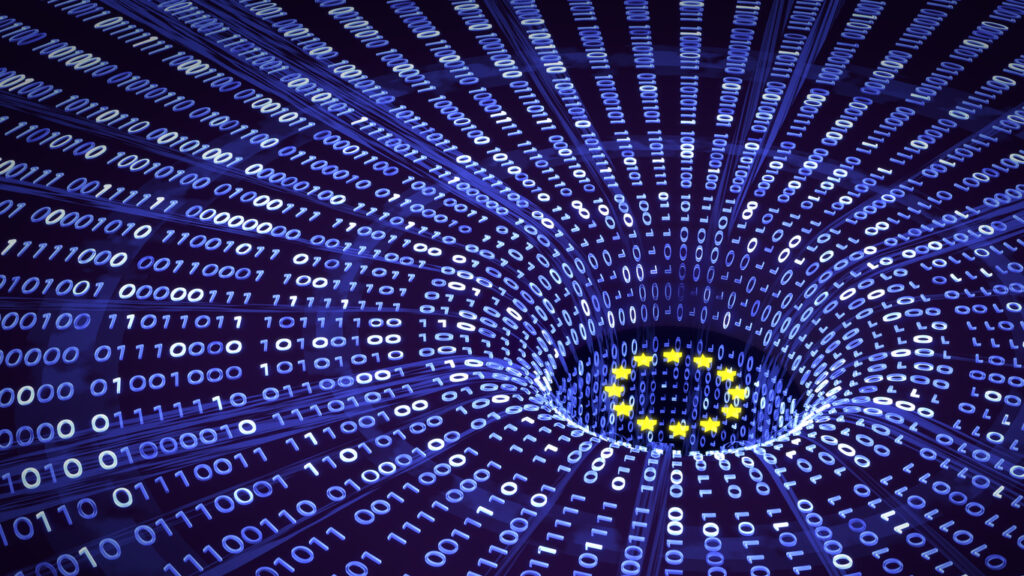
Disclaimer: The views expressed in the content below are solely those of the author and do not necessarily reflect the views of the IDPro organization.
As an introspective person, I often ask myself, “why identity?” Why, out of all of the industries that I have worked in, out of all of the areas within tech I have had the privilege of participating in, has identity been the one that stuck? I always come back to the same answer: the meaning behind it. Working in our field is a calling. It’s often not glamorous. It’s just expected to work. When it does, you never hear any praise. When it doesn’t, the whole application is down, and all eyes are on you. Despite this, what not only keeps us going, but makes us proud to call ourselves identity professionals? We all see the bigger meaning behind identity.
As we approach the 75th anniversary of United Nations Human Rights Day on December 10, 2023, it is crucial to reflect on the significance of identity and privacy as fundamental human rights. In today’s digital age, where personal information is constantly collected and shared, it is essential to recognize how intertwined identity and privacy are, and how they are both necessary to uphold.
Identity is an integral part of an individual’s selfhood. It encompasses the ability to define oneself, express one’s beliefs, and engage in society freely. Identity is closely tied to privacy, as individuals should have the right to maintain and protect their personal identity without fear of discrimination or surveillance.
Privacy ensures individuals have control over their personal information, encompassing the right to control what information is collected, how it is used, and who has access to it. When so much of our online reality is fed by algorithms that extrapolate things about us to achieve certain outcomes based on opaque data profiles, it becomes even more important that privacy is treated as a fundamental human right. It must be granted to all humans by default, not as something available only for those who can afford to buy it.
Recognizing identity and privacy as human rights allows us to advocate for their protection and ensure that individuals’ dignity and autonomy are upheld. It involves promoting transparency in data collection practices, implementing strong data protection laws, and fostering a culture that respects and values privacy.
I thought of another reason identity has stuck for me. I’m not one to back down from a challenge. Protecting identity and privacy as human rights is a big, meaty challenge. If we don’t step up to the plate, who will? We are uniquely positioned to be right at this juncture, with our skill sets in identity, right now. Will you join me? By promoting awareness and understanding of identity and privacy as human rights, we can work towards creating a safer and more equitable digital landscape for all.
Author

Hannah Sutor, Principal Product Manager, GitLab, IDPro Board Member
Hannah Sutor is passionate about all things digital identity and privacy. She currently works as a Senior Product Manager at GitLab, focusing on authentication and authorization in a DevSecOps context.
Hannah has spoken at various conferences on digital identity, privacy, cybersecurity, and DevOps workflows. She is also a content creator; writing articles and creating engaging, easy-to-digest content on these topics for those without a technical background.
She lives outside of Denver, Colorado, USA, and enjoys bad reality TV just as much as she enjoys a walk in the woods.


